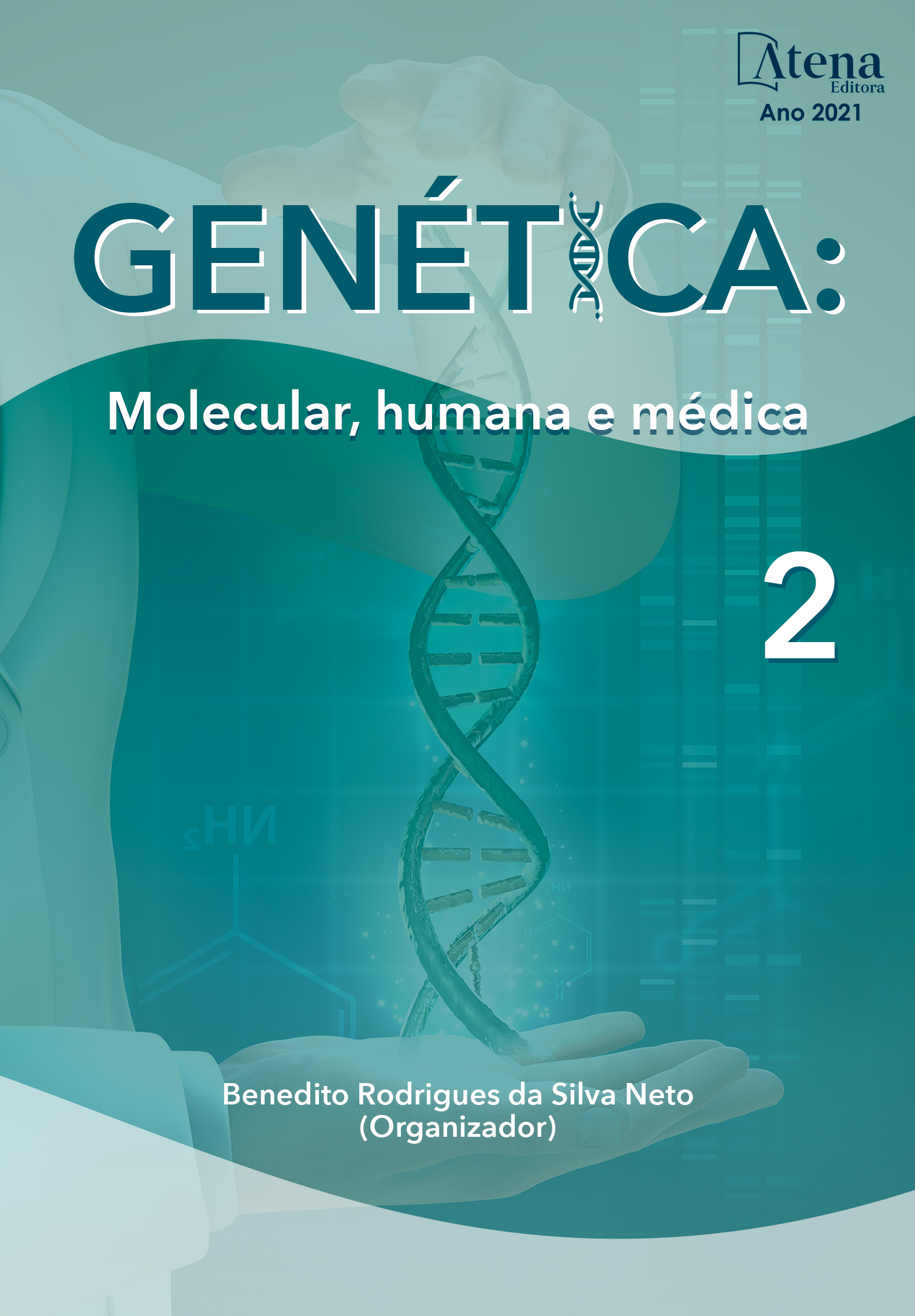
DNA REPAIR GENES POLYMORPHISMS: INFLUENCE UPON SYSTEMIC LUPUS ERYTHEMATOSUS AND ITS CLINICAL MANIFESTATIONS
DNA repair genes polymorphisms can contribute for increase damage in autoimmune diseases, considering that accumulated DNA damage promotes chronic inflammatory processes. Systemic Lupus Erythematosus (SLE) is an autoimmune disorder characterized by chronic inflammatory response and a wide spectrum of clinical manifestations. SLE patients display an inefficient DNA repair mechanism and some genes have been associated with this process. LIG4 and SKT17A are genes involved in the main pathways to repairing DNA damage. Therefore, we assessed five Single Nucleotide Polymorphisms (SNPs) in the DNA repair LIG4 and STK17A genes, and its possible association in SLE development and clinical manifestations. Genotyping was performed using fluorogenic probes Taqman® in 202 SLE patients and 190 healthy individuals from the Northeast Brazilian population. We observed a protective factor for LIG4 SNP rs3093740 G/T genotype (OR = 0.32, p = 0.018) against nephrite development and for STK17A SNP rs2330875 in A (OR= 0.47, p = 0.007) allele and A/A genotype (OR = 0.15, p = 0.010) to malar rash development in SLE patients. Our results suggested that DNA repair genes LIG4 and STK17A polymorphisms are associated with some clinical SLE features highlighting the important role of DNA repair pathways upon disease’s course.
DNA REPAIR GENES POLYMORPHISMS: INFLUENCE UPON SYSTEMIC LUPUS ERYTHEMATOSUS AND ITS CLINICAL MANIFESTATIONS
-
DOI: 10.22533/at.ed.7512114105
-
Palavras-chave: DNA repair genes; LIG4; STK17A; Systemic Lupus Erythematosus; SNPs
-
Keywords: DNA repair genes; LIG4; STK17A; Systemic Lupus Erythematosus; SNPs
-
Abstract:
DNA repair genes polymorphisms can contribute for increase damage in autoimmune diseases, considering that accumulated DNA damage promotes chronic inflammatory processes. Systemic Lupus Erythematosus (SLE) is an autoimmune disorder characterized by chronic inflammatory response and a wide spectrum of clinical manifestations. SLE patients display an inefficient DNA repair mechanism and some genes have been associated with this process. LIG4 and SKT17A are genes involved in the main pathways to repairing DNA damage. Therefore, we assessed five Single Nucleotide Polymorphisms (SNPs) in the DNA repair LIG4 and STK17A genes, and its possible association in SLE development and clinical manifestations. Genotyping was performed using fluorogenic probes Taqman® in 202 SLE patients and 190 healthy individuals from the Northeast Brazilian population. We observed a protective factor for LIG4 SNP rs3093740 G/T genotype (OR = 0.32, p = 0.018) against nephrite development and for STK17A SNP rs2330875 in A (OR= 0.47, p = 0.007) allele and A/A genotype (OR = 0.15, p = 0.010) to malar rash development in SLE patients. Our results suggested that DNA repair genes LIG4 and STK17A polymorphisms are associated with some clinical SLE features highlighting the important role of DNA repair pathways upon disease’s course.
-
Número de páginas: 14
- Jaqueline de Azevêdo Silva
- Nadja Maria Jorge Asano
- Gisele Vajgel Fernandes
- Lucila Maria Valente Lopes
- Paulo Roberto Eleutério de Souza
- Sergio Crovella
- Paula Sandrin Garcia
- SUELEN CRISTINA DE LIMA


